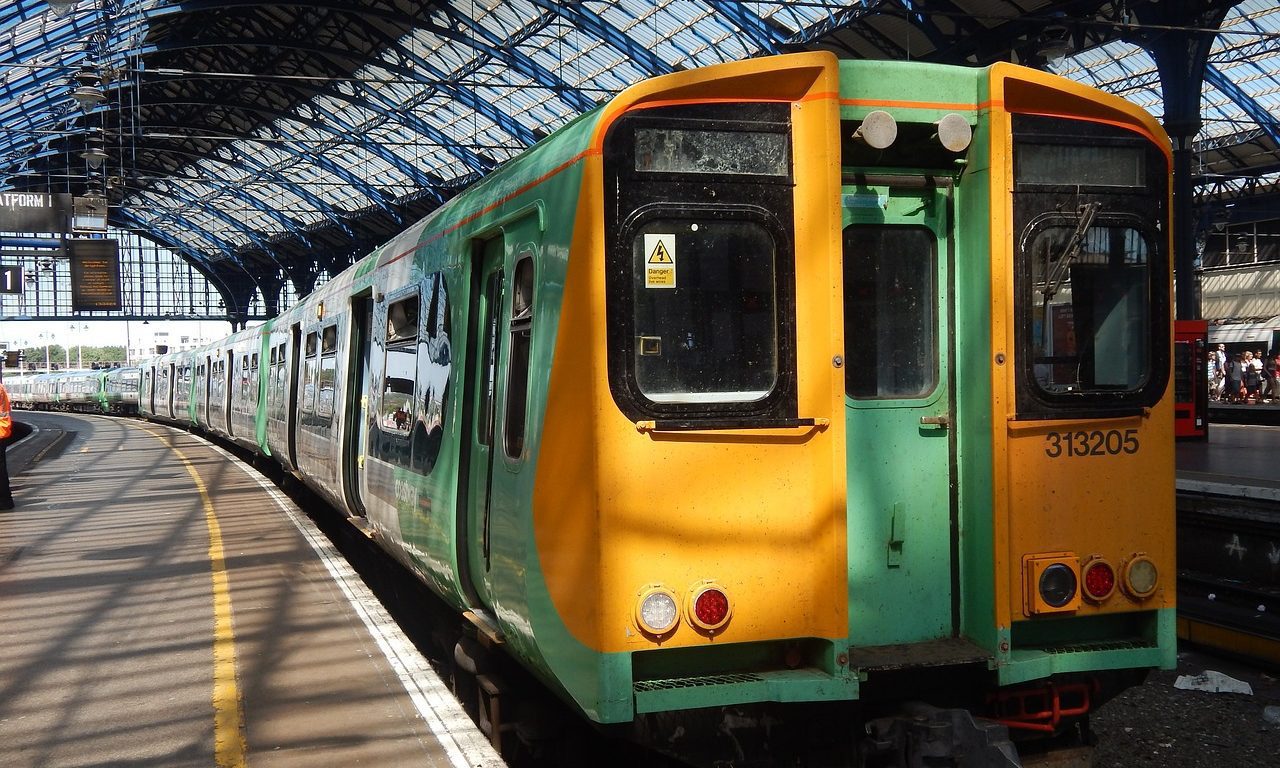Register to get 5 free articles
Reveal the article below by registering for our email newsletter.
Want unlimited access? View Plans
Already have an account? Sign in
To today’s consumer, the experience economy has evolved beyond going to the cinema or to a pub quiz. According to research, one in three people are now seeking out a memorable experience regularly, and willing to pay 28% more to get it. On top of this, 56% of consumers are prioritising spending on experiences as opposed to things.
And it’s not just the meaning of the experience economy that’s shifted, either. Along with the increased cost of living, the dial on expectations has also shifted upwards. People are either going out less, or when they do, they’re expecting more for their money.
For the hospitality sector, this presents a challenge of delivering exceptional experiences while accommodating cost-conscious customers. Those businesses must therefore find innovative ways to meet these changing expectations – both in terms of offering new and creative experiences – but also in ensuring that every aspect of the service they offer creates a first-class experience for the customer.
Hospitality businesses must think outside the box and create unique events and experiences that captivate their audience. By organising immersive and themed events, interactive moments, and collaborations with artists and influencers, they can offer something truly memorable and shareable. This approach allows customers to feel a deeper connection, transforming more ‘normal’ events into cherished memories.
Leveraging technology is another crucial avenue for businesses to explore. By harnessing the power of data and analytics, they can gain valuable insights into customer preferences and behaviours. From online interactions and social media engagements to mobile apps, each touchpoint provides an opportunity to better understand customers’ needs. Armed with these insights, businesses can tailor experiences to individual tastes, making each encounter more personal and meaningful – driving loyalty.
Building customer loyalty is an indispensable component of success in the experience economy. Hospitality businesses must invest in loyalty programs that go beyond basic discounts. By offering personalised rewards, exclusive benefits, and incentives for repeat visits, they can forge strong and lasting relationships with their clientele. Making customers feel valued and appreciated creates a sense of belonging, ensuring their loyalty in a market overflowing with choices.
Alongside offers and rewards, exceptional customer service remains the bedrock of any successful hospitality business. Staff members should be trained to deliver personalised and attentive service, enabled through easily accessible data and insights, going above and beyond to meet customers’ needs. Anticipating their desires, resolving issues promptly, and creating a welcoming atmosphere are all crucial aspects of ensuring a positive and memorable experience.
Let’s not forget about payment. Often relegated to a formality, the payment of a meal or drink often holds the paradoxical position of only being noticed when something goes wrong; the card machine breaks or runs out of signal, for example. Reliability, speed and user-friendliness are key here, ensuring a frictionless experience for the customer.
Finally, emphasising value is crucial in a cost-conscious world. Hospitality businesses need to communicate the value they provide, assuaging concerns about cost while still delivering outstanding experiences. Affordable pricing options, package deals, and additional perks can all contribute to creating an enticing proposition that appeals to customers seeking both quality and affordability.
It’s trickier than ever to navigate this space. Hospitality is almost stuck between a rock and a hard place, with high energy and wholesale costs on the one side and an increasingly experience-orientated and spendthrift consumer on the other. Those who navigate these two issues successfully will reap the benefits of customer loyalty after inflation starts to ease.



















